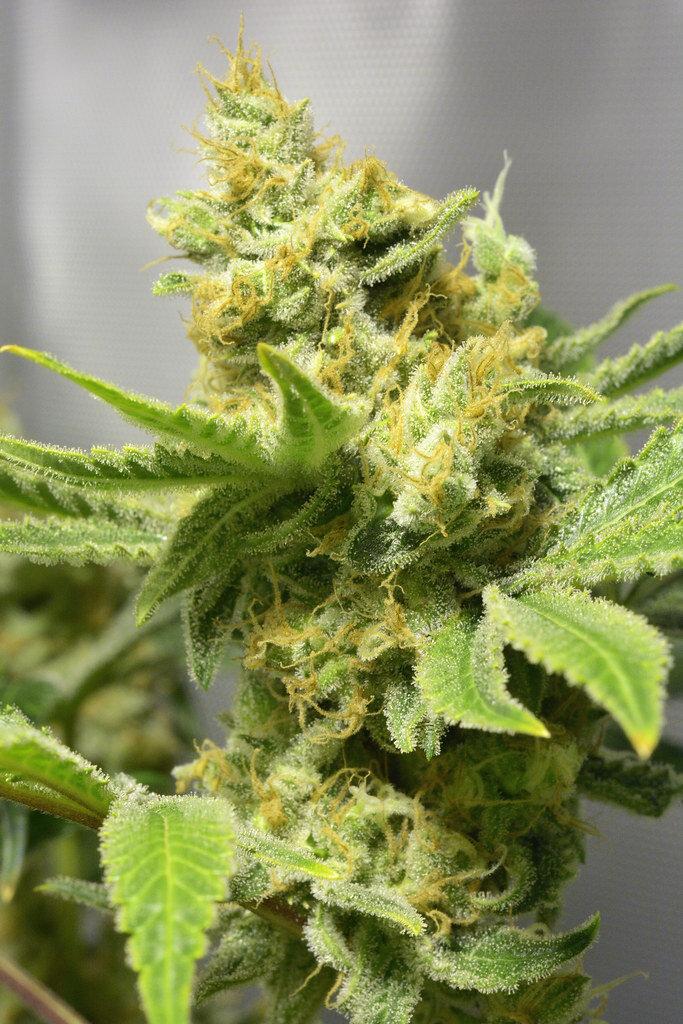Cannabis is the next crop to infiltrate Sonoma County’s agricultural sector, according to retiring Agricultural Commissioner Tony Linegar. Struggling wineries and dairy farmers alike are looking toward the infamous crop with hopeful eyes that it will bring them more success.
With more wineries popping up every year, the competition is rising and prices are falling. These factors could contribute to making cannabis the next gold crop.
Linegar decided to retire after eight years on the job, and is the man who started to shred the stigma around cannabis and hemp within Sonoma County. He has opened the eyes of neighboring wineries and farmers of the possibilities it could bring to the region. Sonoma and Napa counties are primarily known worldwide for their grapes, which account for 70% of local agriculture production. Linegar sees this monocrop situation as a problem.
“I do see more diversity coming into agriculture almost by necessity,” Linegar told the Santa Rosa Press Democrat, adding, “Whenever you have so many eggs in one basket, you are really vulnerable not only to market fluctuations but also pests and diseases. If you get a devastating pest come in, that can wreak havoc on a the opinion of the agricultural community has evolved even over the past couple of years . . . hemp has become legal federally and at the state level. There are certainly some conventional farmers that are interested in hemp.”
Linegar noted that fluctuations in the wine industry open the door to cannabis cultivation, “The other thing you have is the wine grape market is very much on decline right now . . . It’s still a little bit taboo in the agricultural industry to support cannabis. A lot of folks in the agricultural industry are conservative in their values by nature. Now, with the wine grapes at the place they’re in, I’m hearing a lot more interest.”
Farmers are concerned with the amount of water needed to produce cannabis, but when compared with wine production, the numbers are in cannabis’ favor. Linegar is straightforward when he says, “Look at the return on your investment for every gallon of water you use to produce that product . . . you can have less land in production, and use so much less water, and produce exponentially greater gross value.
He acknowledges that a new approach is needed to keep local agriculture sustainable, saying, “grape growers… are looking at how do I keep my land in agriculture? I really think that over time we are going to start looking at cannabis as agriculture, as it should have been looked at from the beginning.”
It seems as if the stigma surrounding the plant is beginning to lift, especially in Northern California. Within the last couple of years, cannabis has been legalized by many states and pressure is on the federal government to update antiquated laws.
Universities, including UC Davis, are implementing cannabis classes on health consequences and the business aspects of the plant. Sonoma State University is not lagging on the potential opportunity either. SSU recently started testing the possibilities by putting on seminars that offer certificate programs.
Robert Eyler, dean of Sonoma State University’s School of Extended and International Education, wants students to be prepared for when “there will be workforce and development needs.” Eyler is hopeful that in the future Sonoma State will offer classes that teach students on a multitude of different levels, from “marketing for marijuana businesses to the medicinal uses of THC.”



































